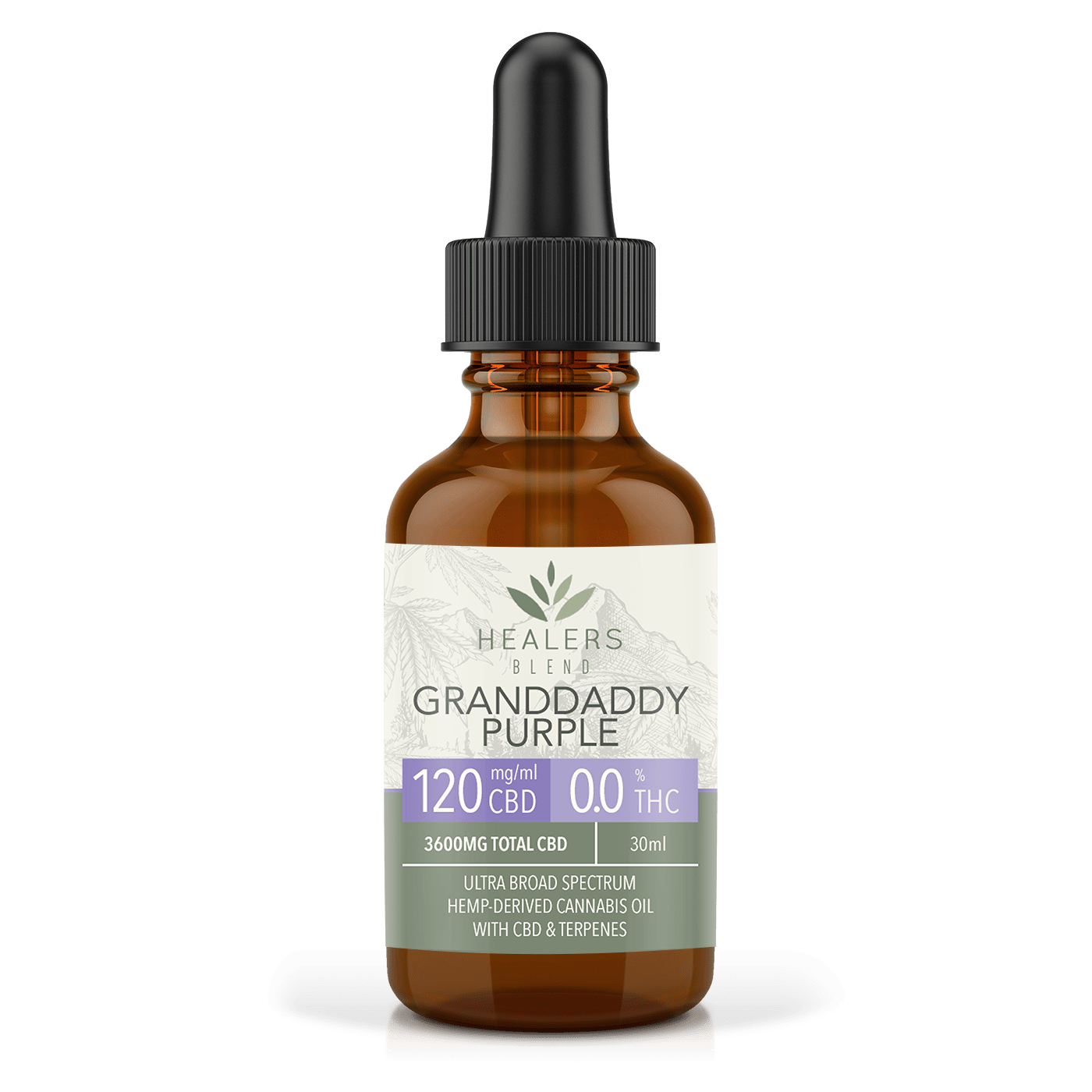Welcome to the Healers Blend Blog! The information in these pages are designed for both the general consumer, as well as, health and medical practitioners seeking to expand their working knowledge of cannabis and the potential of cannabinoid based therapies. While we work to ensure the information in these pages and resources is accurate and up to date, we do not make any claims as to the veracity or totality of the information contained herein. Research into cannabis as medicine is ongoing and our understanding of its many potential benefits continues to grow everyday. Our hope is that you will find this information beneficial and inspiring in your own search to better understand the potential of this incredible plant to increase overall health, vitality, and well-being. CBD products are not approved by the FDA for the diagnosis, cure, mitigation, treatment, or prevention of any disease. We are restricted from making any claims about the efficacy of our specific CBD products to treat or cure any disease or medical conditions. You should always seek the advice of a physician before adding nutritional supplements to your diet. The following information is presented for educational purposes only. Healers Blend provides this information to provide an understanding of the potential applications of cannabidiol. Links to third party websites do not constitute an endorsement of these organizations by Healers Blend and none should be inferred.
Studies point towards CBD’s ability to reduce inflammation down to a cellular level.
Perhaps one of the most well-researched areas of medicinal cannabidiol (CBD) is for the treatment of inflammation. The endocannabinoid system has been found to be intrinsically linked to the body’s inflammatory response, so it goes without saying that cannabinoids such as CBD can, therefore, be assumed to have some effect on the body’s inflammatory response. Considering so many modern day ailments, such as arthritis, irritable bowel syndrome, and multiple sclerosis, are exasperated by inflammation, CBD is now being pursued by many medical researchers as a possible viable treatment option.
The current research into CBD’s potential for treatment of inflammation and inflammatory diseases is still ongoing, but the currently available studies point strongly towards CBD’s ability to reduce inflammation down to a cellular level. While it would be impossible to review the full body of research here, there are a handful of notable studies which serve to demonstrate what scientists have discovered thus far.
Study #1 – CBD blocks pain related to osteoarthritis
In a recent paper published in the medical journal Pain, researchers treated laboratory rats who had osteoarthritis with a variety of CBD applications. Cannabidiol was found to block osteoarthritis-related pain and allowed the animals to put more weight on the affected joints.
Study #2 – CBD successful as treatment for Inflammatory Bowel Disease
In 2011, scientists from the University of Naples, Italy, explored CBD for treatment of gastrointestinal inflammation on both laboratory mice as well as through cultured human biopsies from people suffering from ulcerative colitis. The researchers determined that CBD was able to counteract the inflammatory environment in both cases. According to their conclusion, “CBD indeed unravels a new therapeutic strategy to treat inflammatory bowel diseases.”
Study #3 CBD reduces joint swelling caused by arthritis
A 2016 study from the University of Kentucky concluded that CBD could be a viable topical therapy for inflammation caused by arthritis. The researchers determined that transdermal CBD gel was able to reduce joint swelling, and therefore the associated pain. Interestingly, it did so without any noted side effects. According to their results, CBD reduced pro-inflammatory biomarkers.
Study #4 CBD therapy suppresses neuropathic pain
Another key component to current CBD research is focused on the pain triggered by inflammation, considering chronic pain has been linked to an overactive inflammatory response in many illnesses and diseases. According to a 2012 study published by the National Institute on Alcohol Abuse and Alcoholism, CBD therapy suppressed chronic inflammatory and neuropathic pain. The researchers also noted that it was able to do so without creating a tolerance, something which continues to be an area of concern for more traditional opioid therapies for chronic pain.
The anti-inflammatory potential of CBD continues to be supported by an ever-growing body of research. If you would like to read through the full collection of 18 studies used as reference here, visit the inflammation research page at Healers Blend.






